A History of Freedom of Thought
A History of Freedom of Thought
Book Excerpt
r. The term is limited to the field of theology, because it was in that field that the self-assertion of reason was most violently and pertinaciously opposed. In the same way free thought, the refusal of thought to be controlled by any authority but its own, has a definitely theological reference. Throughout
[19] the conflict, authority has had great advantages. At any time the people who really care about reason have been a small minority, and probably will be so for a long time to come. Reason’s only weapon has been argument. Authority has employed physical and moral violence, legal coercion and social displeasure. Sometimes she has attempted to use the sword of her adversary, thereby wounding herself. Indeed the weakest point in the strategical position of authority was that her champions, being human, could not help making use of reasoning processes and the result was that they were divided among themselves. This gave reason her chance. Operating, as it were, in the enemy’s camp and pro
Editor's choice
(view all)Popular books in Philosophy, History
Readers reviews
4.0
LoginSign up
This 1913 work anticipated the later, 1921 work, THE IDEA OF PROGRESS. This earlier work is good,but a bit uneven. Bury's optimistic philosophy of history mirrored the general optimism of the time -- that the overall rise of reason and toleration was taking inexorable hold of the whole of Western Culture. Overall it is not as satisfying as the works of H.E.W. Leckey on the same topics. Still worth a read. It is interesting that Bury did not seem to take any notice of either the coming or the effects of WW1.
- Upvote (0)
- Downvote (0)
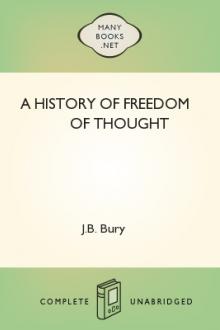
 Free Download
Free Download
















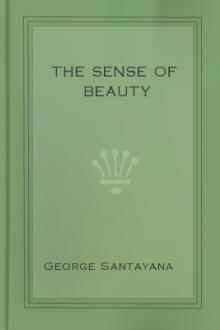
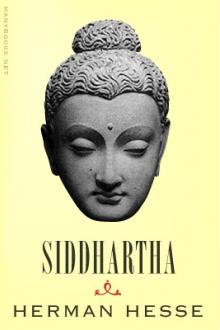

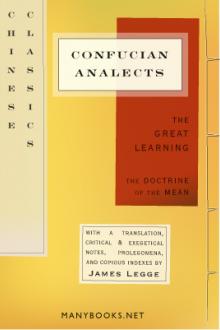
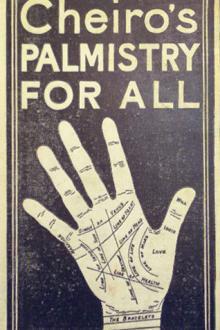
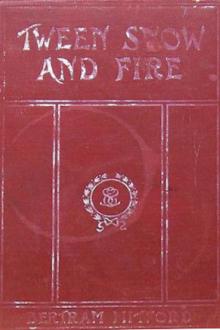
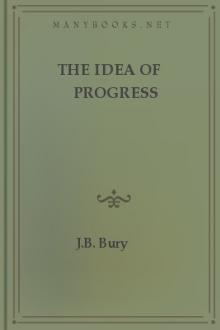
-itok=vcKIB5v1.jpg)